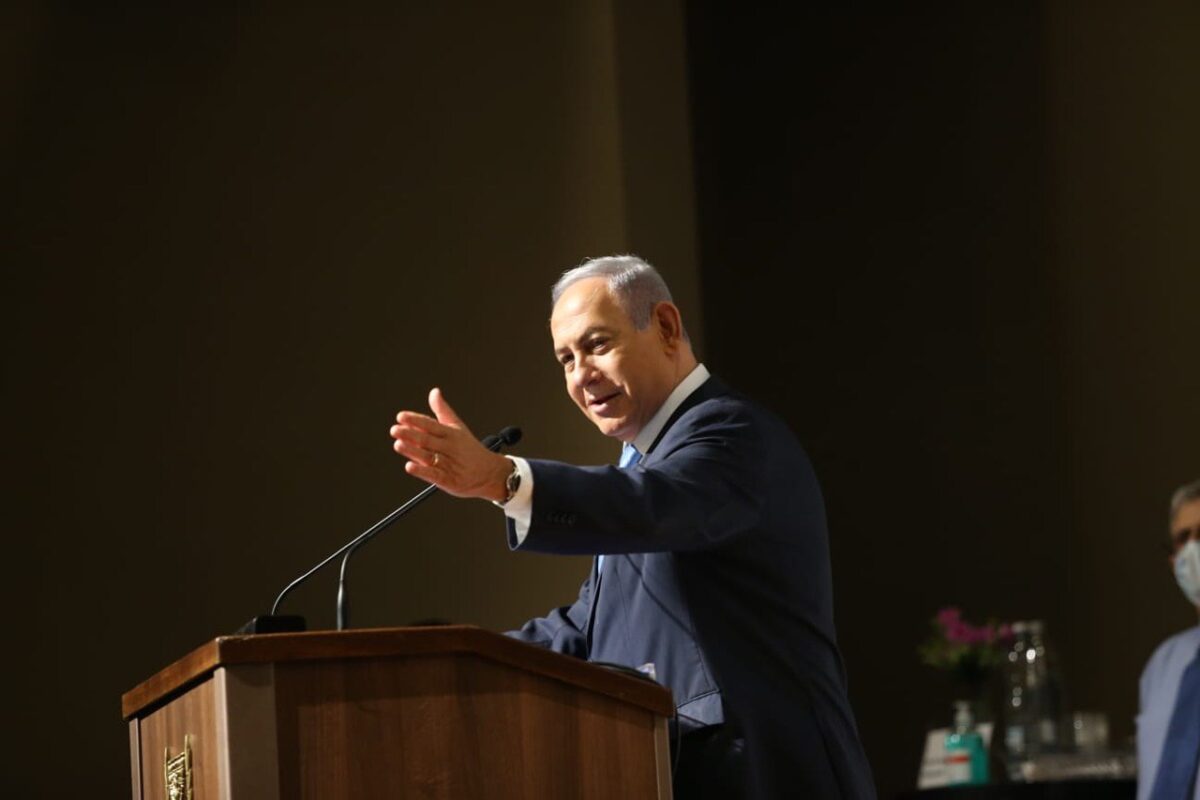Israeli Prime Minister Benjamin Netanyahu’s much-vaunted election campaign pledge to unilaterally annex parts of the West Bank has so far turned out to be little more than a rhetorical flourish.
Netanyahu assured supporters he would begin implementing his promise on July 1. Seventeen days on, nothing seems to have happened, and he has been reduced to mouthing platitudes that the matter is still under consideration.
Netanyahu was enormously pleased that the United States, Israel’s chief ally, came out in support of his plan to annex the Jordan Valley and its array of settlements and outposts, constituting one-third of the West Bank.
Washington’s endorsement was contained in President Donald Trump’s much-anticipated, long-delayed Middle East peace proposal, which was released last January. Since then, the Trump administration appears to have cooled on the idea.
By all accounts, Netanyahu will not take such a drastic step unless the U.S. is fully on board.
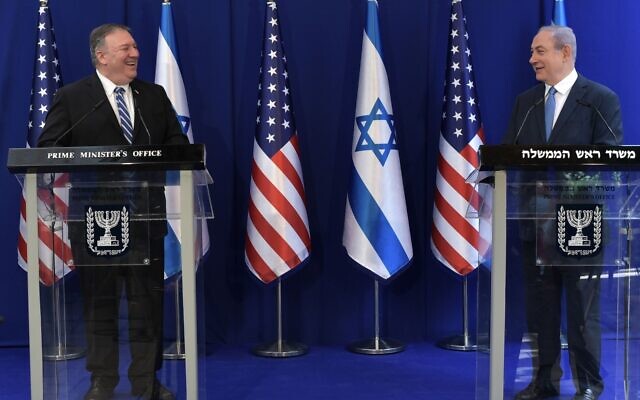
U.S. Secretary Mike Pompeo has disingenuously placed the onus on Israel. “As for the annexation of the West Bank, the Israelis will ultimately make those decisions,” he said three months ago. “That’s an Israeli decision.”
In real world terms, the problem is infinitely more complex and complicated than Pompeo lets on.

A few days ago, the Israeli media reported that Knesset Speaker Yariv Levin — a confidant of Netanyahu who has been deeply involved in talks with the United States on annexation — privately acknowledged that it will likely have to postponed for an indefinite period because the coronavirus pandemic has diverted Trump’s attention away from Israel’s conflict with the Palestinians.
So the burning question at this point is whether annexation has been indefinitely delayed or cancelled altogether. Time will tell.
For now, Trump is laser focused on a contagion that has infected more than three million people, claimed the lives of 140,000, and devastated the economy. Some 42 million Americans have lost their jobs and thousands of businesses have failed or are failing.
For a president whose electoral prospects rely so heavily on prosperity, the status quo is utterly disastrous. If the current situation is not reversed, Trump could well lose the November presidential election to his Democratic opponent, Joe Biden. Trump is therefore concentrating on domestic politics, to the exclusion of the Arab-Israeli dispute.
Netanyahu is also up to his ears in battling this deadly virus.
At first, the Israeli government was remarkably successful in containing the outbreak, but of late Israel has not been able to control it. Indeed, Netanyahu has admitted that the shocking increase in COVID-19 cases is due, in part, to the premature reopening of the economy.
Today, more than 1,000 new cases are popping up each day and businesses are going bankrupt. The unemployment rate has reached catastrophic proportions, 20 percent.
Given these grim figures, the vast majority of Israelis are far more interested in securing their livelihoods than in supporting annexation. Netanyahu, whose antenna for political survival is legendary, is acutely aware that the priorities of the average Israeli breadwinner do not necessarily align with his.
The leaders of the Jewish settlement movement in the West Bank are deeply disappointed that annexation has been put on the back burner, but they are powerless to reverse this development.
As for Netanyahu, he has only begun to understand what the implications of annexation could be for Israel.
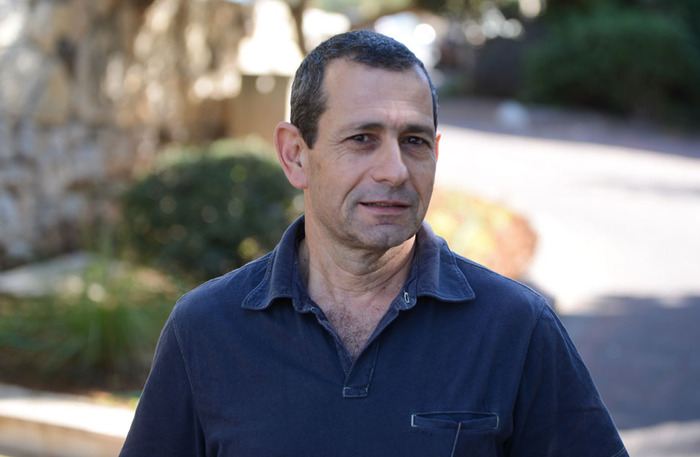
The chief of staff of the Israeli armed forces, General Aviv Kochavi, and the director of the Shin Bet internal intelligence agency, Nadav Argaman, have both warned him of the high possibility of sustained Palestinian violence should annexation go through. Netanyahu may now realize that Israel would be hard-pressed to cope with the virus and an upsurge of Palestinian attacks.
Netanyahu is equally aware that foreign reaction to the prospect of annexation has been uniformly negative across the board. Countries ranging from Germany and Britain to Russia and China have denounced it in the strongest possible diplomatic language.
Annexation would also cast a dark shadow on Israel’s strategic peace treaties with Egypt and Jordan and torpedo its ambition to develop neighborly relations with Gulf states such as the United Arab Emirates, Qatar and even Saudi Arabia.
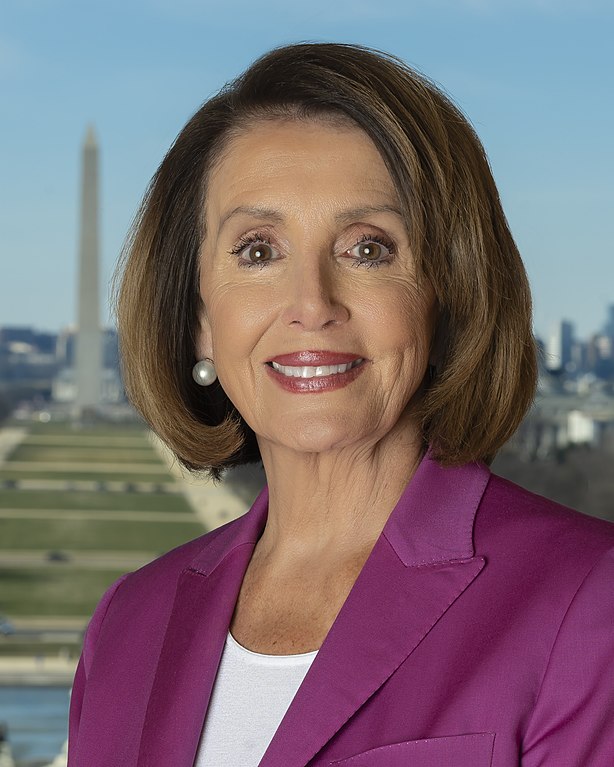
Opposition to annexation is building in the United States, too. The Democratic Party’s leadership, spearheaded by House of Representatives Speaker Nancy Pelosi and Senate Majority leader Charles Schumer, has expressed sharp disapproval of any measure that undermines the two-state solution.
Last week, Democratic Senator Chris Van Hollen introduced an amendment to the National Defense Authorization Act, which authorizes U.S. aid to Israel. Van Hollen’s amendment would block U.S. funds to assist annexation. The amendment is currently supported by 13 senators, including Bernie Sanders, Elizabeth Warren and Tim Kaine, who was Hillary Clinton’s vice-presidential running mate in the 2016 election.

Van Hollen’s amendment is not as strong as a proposal submitted by a vocal member of the Democrat’s progressive caucus, Congresswoman Alexandria Ocasio-Cortez, who has called for a reduction in Israel’s $3.8 billion aid package if it goes ahead with annexation.
In the meantime, the Trump administration appears to have distanced itself from annexation, and the joint U.S.-Israeli committee charged with producing a precise map of the West Bank to measure the parameters of annexation is far behind schedule.
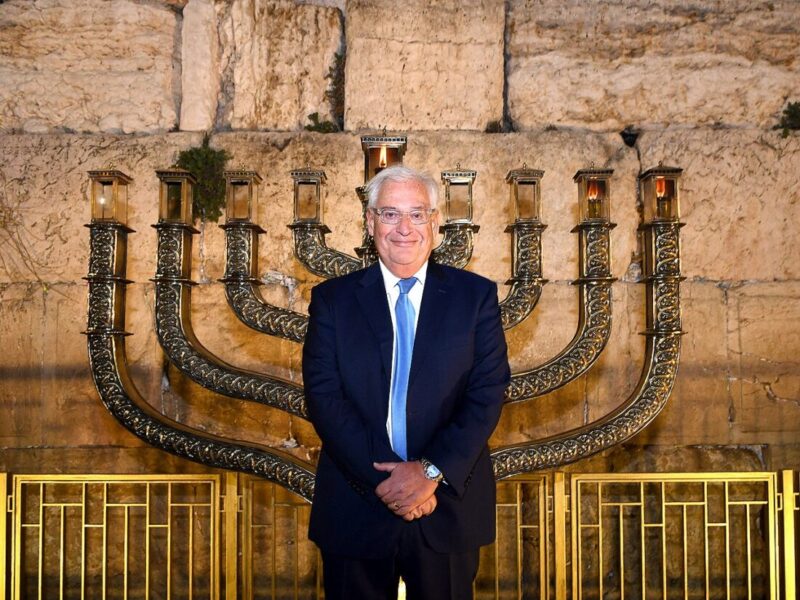
The resolutely hawkish and pro-Israeli American ambassador to Israel, David Friedman, has said that annexation must be linked with Israel’s approval of Trump’s peace plan, which envisages a non-contiguous Palestinian state in 70 percent of the West Bank. For either ideological or politically partisan reasons, Netanyahu opposes Palestinian statehood.
Jared Kushner, Trump’s senior advisor and son-in-law, believes that annexation should be placed on hold until every member of the Israeli cabinet is fully behind it, which is currently not the case.
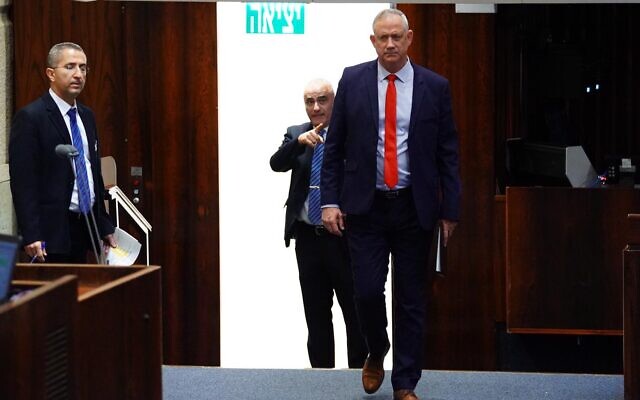
To Netanyahu’s annoyance, Defence Minister Benny Gantz, his coalition partner from the centrist Blue and White Party, is skeptical about annexation. He believes it can only be carried out in coordination with Arab regional partners like Jordan.

Since King Abdullah II of Jordan staunchly opposes annexation, particularly in the Jordan Valley, Gantz and his Blue and White associate, Foreign Minister Gabi Ashkenazi, probably will throw every obstacle in its path.
Annexation, then, is problematic at this juncture. But who knows? The situation is in flux and could change in the near future. Trump may well proclaim the virtues of annexation as the U.S. election draws closer, prompting Netanyahu to take the plunge.
